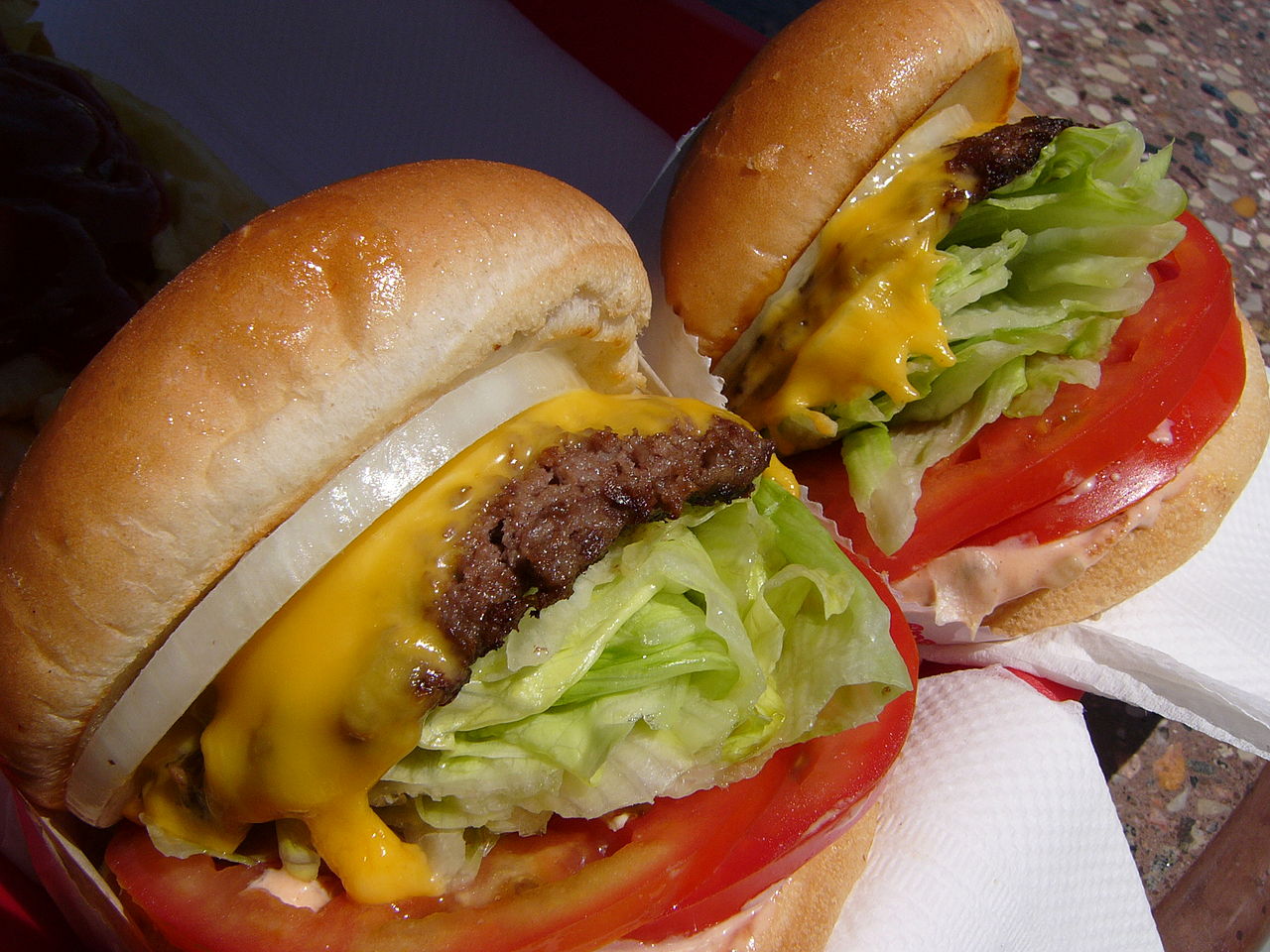The morality of suicide is a thorny philosophical subject. Those who lean toward divine laws such as “thou shalt not kill” consider it a sin, and those who favor the Kevorkian attitude toward the alleviation of pain and the quality of life consider it a basic human right. Either way, suicide is not a crime in the U.S., but assisting suicide is—all of which leads to moral and legal questions about how people lead their lives and the legitimacy of legal constraints upon such choices and activities. Consider drinking, smoking of any sort, poverty, and obesity.
Prohibition tried to deal with drinking in the U.S. by making it illegal—with disastrous results and an ultimate repeal. Drug laws, particularly those related to criminalizing marijuana in the U.S., seem to be on equally shaky ground. And the ground(s) keep shifting. The smoking of nicotine products is now banned in many public places in the U.S. (source); many, if not most, American cities have semi-criminalized poverty by restricting panhandling and where and even when the homeless can sleep (source); and now fast food is under fire—several U.S. cities are proposing laws banning supersized sodas and sugary beverages.
Illegal to supersize your fast food order? OMG! What’s that all about? Well, it’s about the fact that the world is 17 million tons (34 billion pounds) overweight, according to researchers from the London School of Hygiene and Tropical Medicine who published a report this week that estimates the world’s population. It’s also about the fact that the U.S. makes up just 5 percent of the world’s population but represents about a third of the world’s weight because of America’s obesity epidemic.
“Two RAND researchers, health economist Roland Sturm and psychiatrist Kenneth Wells, examined the comparative effects of obesity, smoking, heavy drinking, and poverty on chronic health conditions and health expenditures. Their finding: Obesity is the most serious problem. It is linked to a big increase in chronic health conditions and significantly higher health expenditures. And it affects more people than smoking, heavy drinking, or poverty. Not only does obesity have more negative health consequences than smoking, drinking, or poverty, it also affects more people. Approximately 23 percent of Americans are obese. An additional 36 percent are overweight. By contrast, only 6 percent are heavy drinkers, 19 percent are daily smokers, and 14 percent live in poverty” (source).
Banning the supersizing of sugary slurps won’t cure obesity—though it will make such products more expensive, as in the case of Prohibition era booze and today’s pot and cigarettes. As Brian Wansink, in a review paper evaluating how environmental factors influence how much food we consume, put it, our stomachs can always make room for more. Even the Jewish code of Kosher which forbids the eating of pigs doesn’t mention eating like them…
Article by Bill Norrington





